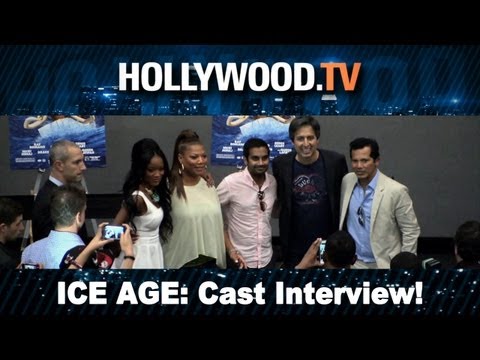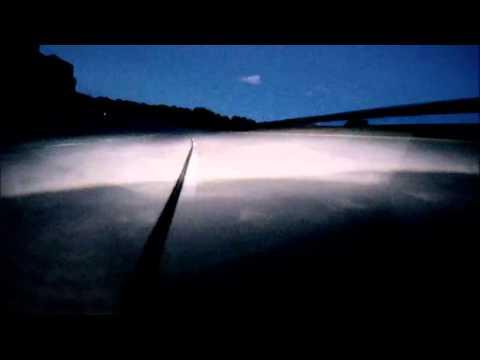With the rise of the Tea Party, their push for constitutional limits on government power and admiration for the wisdom of the Founding Fathers, I thought I’d use this last holiday of the summer as an opportunity to post an item from the MRC’s archive which exposed how a major cable network once tried to discredit George Washington’s moral authority in history, and thus the legitimacy of the Revolutionary War. In an A&E movie, aired in 2000, on George Washington crossing the Delaware, The Crossing, he is persuaded that just like the hired-gun Hessians, his opposition to British taxes means he too is fighting “for profit.” Jeff Daniels, playing George Washington, decries the Hessians: “You want me to weep for those bastards, men who kill for profit?” General Nathanial Greene counters: “Our own cause is, at its heart, a fight against British taxation, is it not? In the end sir, we all kill for profit — the British and the Hessians, and us.” That convinces Washington. “That spin is no surprise,” a 2000 MRC CyberAlert item noted, “when you learn that the screenplay was written by a communist. Really.” Thanks to Karen Topper, who inexplicitly recently abandoned the MRC for another job, but who transcoded the VHS video to an MPEG-2 file for me before her departure. Audio: MP3 clip “A&E’s 224 Year Old Bias,” from the Friday, January 14, 2000 MRC CyberAlert : Ever imagine how the Revolutionary War might have been portrayed each nightg by Dan Rather on the CBS Evening News? Well, a new A&E movie run Monday night and set to repeat Saturday night, offers a troubling projection. Bottom line: Hired Hessian soldiers were no different in what they were fighting for than George Washington and the Continental Army’s soldiers. But that spin is no surprise when you learn that the screenplay was written by a communist. Really. A man who regularly wrote for the Daily Worker and once penned a book titled, Being Red. Before we get to the bias in question, a little history to catch everyone up. Here’s how the A&E Web site describes their two hour movie starring Jeff Daniels as George Washington, which first ran Monday night: The Crossing recalls Washington’s legendary evening attack against the British Army’s German mercenaries, the Hessians, which changed the course of the Revolutionary War. It is December 17, 1776. Suffering from relentless attacks by the British Army and their German mercenaries, the Continental Army is exhausted. Due to death and desertion, General Washington’s troop of ten thousand men has dwindled to a meager two thousand. Word has reached Washington that his demand for more military support has been denied by Congress. He must retreat. The general feels abandoned, cold, alone. Washington realizes that if he retreats the revolutions will be lost and so embarks upon the defining moment of his life. On Christmas Eve, Washington crosses the Delaware River and his troops launch a surprise attack on the Hessians. During the Battle of Trenton, the Germans are routed, the British Army stunned, and new life is given to the revolution. A CyberAlert reader alerted me to an incredible scene which I confirmed actually was shown in the movie. In the battle the Hessian commander, Colonel Rall, is shot. Continental Army General Nathaniel Greene is sent to tell Washington he should see Rall before he dies. As the two sit on horseback beside each other, viewers hear this exchange between actor David Ferry as General Greene and Jeff Daniels as Washington: NATHANIAL GREENE: General Washington, Colonel Rall is dying. General Mercer says you cannot let him die without speaking to him. It’s a courtesy of war. GEORGE WASHINGTON: Courtesy? There are no courtesies of war, Nathaniel. This is not a parlor game where I must pay my respects to that stinking mercenary who killed five hundred of my men in Brooklyn. Slaughtered them when they tried to surrender, skewered them in the backs with bayonets. You want me to weep for those bastards, men who kill for profit? GREENE: Our own cause is, at its heart, a fight against British taxation, is it not? In the end sir, we all kill for profit — the British and the Hessians, and us. Washington nods and is convinced by the argument, saying after a long pause: “Very well, Nathaniel. We must not let them think we’re savages.” That’s right, a rag-tag army fighting for freedom from onerous British taxation is really seeking “profit” on par with those hired to travel the world to fight wars. Who sees American history this way? Check out the bio on A&E’s Web site for the movie’s screenwriter, Howard Fast: In the ’50s, Fast was blacklisted, and in May 1952 The New York Times reported intimidation of librarians across the nation by Legionnaires, Sons and Daughters of the American Revolution, and Minutemen in Texas and California. Fast’s books were purged from school libraries. Citizen Tom Paine, formerly used as a school text, was banned from use in New York City schools. His 1990 memoir Being Red goes more deeply into the issue. You can read Fast’s angry response to the injustices of the McCarthy era in his own Crisis Papers (1951). He also wrote a poetic eulogy, ‘Never to Forget: The Battle of the Warsaw Ghetto,’ as well as pamphlets, journal articles, and columns for the Daily Worker, Masses & Mainstream, and other radical publications.

Excerpt from:
From the Archive: George Washington Fought Revolutionary War ‘For Profit’




























